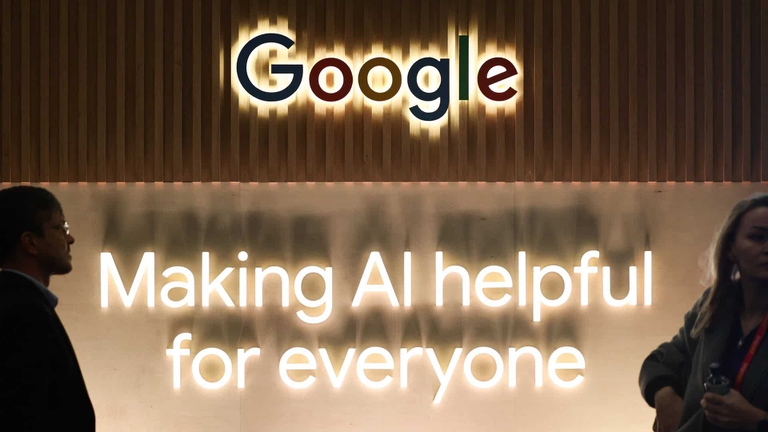https://www.lifegate.it/google-nucleare-ai
- |
- Google has signed an energy agreement to produce six to seven small nuclear reactors in the USA.
- The energy produced will be used to address the growth in demand from artificial intelligence.
“More than ten years ago, Google has pioneered corporate agreements for the purchase of renewable energy, becoming a crucial player in promoting clean energy solutions and advanced technologies.Today, continuing on this path, the company has signed the first global agreement for the purchase of nuclear energy produced by small modular reactors (Smr), which will be developed by Kairos Power”. With these words, on October 15, 2024, Google joins the list of large companies like Amazon And Microsoft, who are rediscovering nuclear energy to support the growing energy needs required by energy systems artificial intelligence, whose consumption is constantly increasing.

Amazon, Microsoft and Google choose nuclear power
It was 2019 when Google he announced his plan to implement “the largest corporate purchase of renewable energy in history.”After just 5 years, things have changed.The agreement with Kairos Power provides for the commissioning of the first small modular reactor by 2030, with further developments expected until 2035.In total, the company of Alphabet and Kairos they intend to achieve you are or seven such modules.However, Kairos will still have to obtain the necessary authorizations from US Nuclear Regulatory Commission (NRC) and local agencies, a process that could take several years.However, the company has already received preliminary approval from the NRC to build a demonstration reactor in Tennessee.
“We believe nuclear can play a critical role in meeting our energy demands cleanly and consistently,” said Michael Terrell, senior director of energy and climate at Google.This year, several technology companies have entered into agreements with nuclear companies to address the growing demand for energy, driven by the expansion of artificial intelligence.In March, Amazon he purchased a nuclear-powered data center from Talen Energy, while last month Microsoft signed an agreement with Constellation Energy to contribute to the relaunch of one of the units of the Three Mile Island plant, in Pennsylvania, the scene of the Worst nuclear accident in the United States in 1979.
According to Goldman Sachs estimates, the energy consumption of US data centers could triple by 2030, requiring approx 47 gigawatts of new capacity.Google and Kairos did not reveal the financial details of the agreement, nor the precise location of the plants in the United States.However, it is known that Google has planned to purchase 500 megawatts of energy from six or seven reactors, a smaller capacity than the reactors currently in operation.
Google is no longer “carbon neutral”
As of 2024, second Bloomberg, Google has stopped calling itself “carbon neutral”, promising to become one again by 2030.Since 2007, Google has boasted carbon neutrality, i.e. the balance between the emissions produced and those offset through initiatives such as tree planting.In 2022 alone, the company offset approximately three million tons of CO2.In 2020, Google is committed to operate on carbon-free energy 24 hours a day by 2030, also aiming to reduce pollution by 50 percent contributing to global warming compared to 2019 levels.
The advent of artificial intelligence has, however, changed things.“It is clear that the expansion of investment in artificial intelligence has broadened the scope of our challenge,” explained Sundar Pichai, CEO of Google, in an interview with Nikkei at the beginning of October.Google then decided to abandon the compensation strategy to focus on directly reducing emissions.Although the company presents this decision as a step forward, the numbers tell a different reality:Google's energy consumption increased by 48 percent compared to 2019 and it has doubled in these five years.A similar dynamic is observed in Microsoft, which has seen its consumption grow by 30 percent, also thanks to its strong partnership with OpenAI and investments in generative artificial intelligence.
Google and Microsoft claim that thenuclear energy represents the ideal answer to satisfy the growing demand for energy, while reducing CO2 emissions.However, even with the implementation of the new modular reactors, environmental and health problems remain unresolved related to the extraction and enrichment of uranium, as well as the management of radioactive waste.
